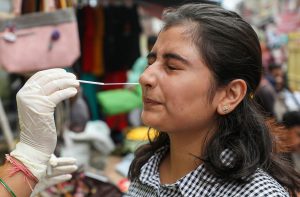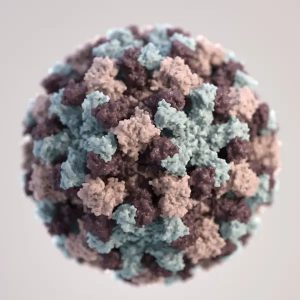A number of successful vaccine trial results in recent weeks
has somewhat propped up the sagging spirit of the nations across the world.
India, along with many other countries, is vying for a
safe and affordable vaccine from among the candidates, considering the
logistical challenges they face and the vaccine’s lower cost.
So far, the experts have expressed hopes about the
University of Oxford-AstraZeneca vaccine, which is being already being seen a vaccine
conducive for India for its low rates and high-temperature survivability.
The Oxford vaccine, which was announced to have 74% accuracy
on Monday, can be stored at refrigerator temperatures unlike ones developed by
Moderna, and Pfizer/BioNTech, which require low to extreme low temperatures to
store the vaccines.
All the same, experts
warn that results for the Oxford vaccine are still preliminary and its overall
accuracy may change as the trials progress.
The caveat sounds more credible in light of confession of a
manufacturing error by the developers on Thursday, where they said that some of
the participants were given half a dose of the vaccine, which led to varying
accuracy results in two batches.
Virologist Upasana Ray who spoke to PTI cautioned that the interim
results look promising but it would be difficult to analyse it fully without
the full peer reviewed report.
“There are knowledge gaps like why the lower dose gave
better efficacy results or how long this vaccine can be stored in the
refrigerator without negative temperature storage conditions. Also, the values
might change after the completion of the entire trial,” the senior scientist at
Kolkata’s CSIR-IICB added.
More doubts were expressed by immunologist Satyajit Rath who
said that despite their reasonable statistical reliability, the data so far
remain preliminary, and the actual numbers remain tentative and subject to
modification.
He anyway weighed in favour of the Oxford vaccine, which he
said can be used with India’s current public health vaccine cold chain as it
would be more conducive than mRNA-based technologies that need low to extremely
low freezing temperatures.
Rath added that Oxford AstraZeneca candidate’s numbers are
subject to modification and said: “we should stop making too much of it at this
stage.”
“What we should take away from the Oxford finding is
that two different dosage regimens of their vaccine candidate are showing
apparently very different levels of protection,” Rath, from New Delhi’s
National Institute of Immunology (NII), told PTI.







